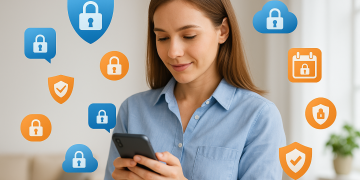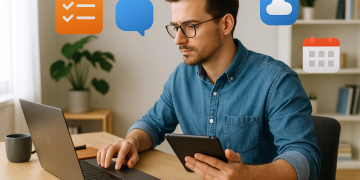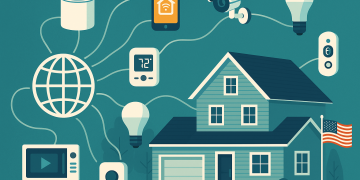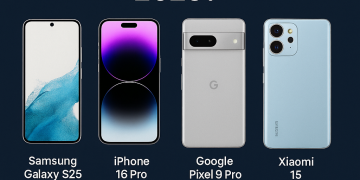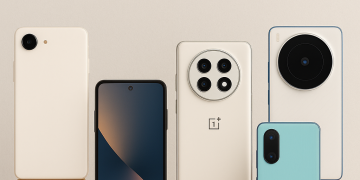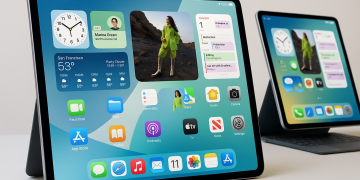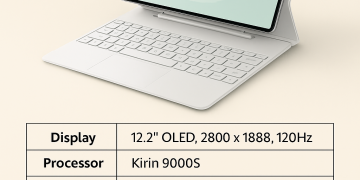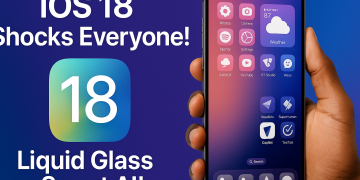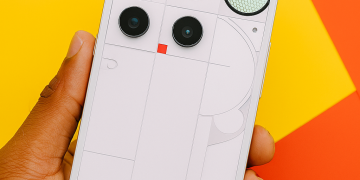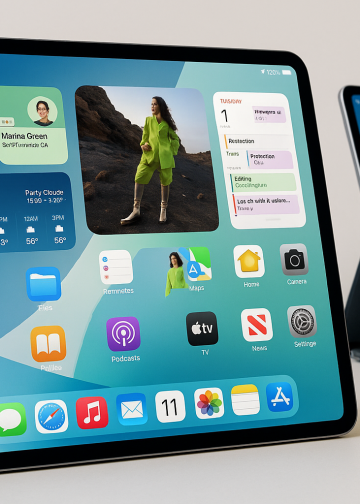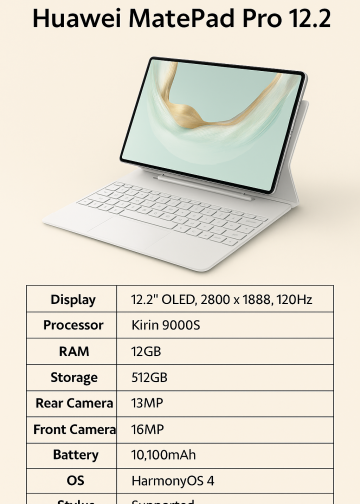Introduction: The Rise of the Digital Detox in America
Scroll. Click. Like. Repeat. If that feels a little too familiar, you’re not alone. In the United States, screen time has skyrocketed—especially after the pandemic. Work, school, socializing, even shopping: most of it happens through a device. But as Americans become more aware of tech’s toll on our health, happiness, and relationships, a powerful new movement is emerging: the digital detox USA.
From Silicon Valley executives to suburban families, more people are asking: What happens if I put my phone down and really live? Welcome to the world of unplugging—where screen-free activities, mindful habits, and a return to the present are reshaping American lifestyle trends.
1. What Is a Digital Detox—and Why Does It Matter?
A digital detox means intentionally taking a break from digital devices—phones, tablets, computers, TVs, even smartwatches—for a set period. This doesn’t require moving to the woods or deleting your accounts, but it does mean creating healthy boundaries with technology.
Why unplug?
- Mental clarity: Reduce information overload and mental fatigue.
- Better sleep: Less blue light means deeper rest.
- Improved mood: Lower rates of anxiety, comparison, and social media “FOMO.”
- Stronger relationships: Real conversations replace endless scrolling.
In short, a digital detox helps you reset your mind, body, and relationships.
2. The Digital Dilemma: How Tech Is Shaping (and Stressing) American Lives
Americans now spend more than 7 hours a day looking at screens. This unprecedented connectivity has major upsides—information, convenience, connection—but also big downsides:
- Constant notifications create stress and distraction.
- Social media can foster insecurity, comparison, and addiction.
- Tech overuse is linked to sleep problems, poor posture, and even depression.
- Kids and teens are especially vulnerable to screen-time overload.
No wonder more families and individuals are looking for screen-free activities and unplugging tips.
3. Signs You Need a Digital Detox
How do you know it’s time to unplug?
- You feel anxious when separated from your phone.
- You check social media out of habit, not interest.
- Screen time crowds out hobbies, exercise, or sleep.
- You struggle to focus, or your memory feels “foggy.”
- Family dinners happen with phones in hand, not conversation.
If any of these ring true, it might be time for a digital reset.
4. How to Start Your Digital Detox: Unplugging Tips for Success
Set Clear Boundaries
- Designate tech-free times: during meals, the first/last hour of your day, or one full evening per week.
- Create phone-free zones at home: bedroom, dining table, or backyard.
- Turn off non-essential notifications.
Use Tech Intentionally
- Decide what you need to be online for (work, important messages).
- Delete or mute distracting apps for a set period.
- Replace endless scrolling with intentional use (e.g., call a friend instead of texting).
Start Small
- Try a 24-hour weekend detox.
- Schedule “mini-detoxes” throughout your week—an evening, a few hours, or during a favorite activity.
- Involve friends or family for accountability.
5. Screen-Free Activities: Rediscovering Joy Offline
Unplugging isn’t just about removing screens; it’s about replacing them with activities that refresh your mind and body.
Ideas for Adults
- Read a book or magazine
- Cook a new recipe
- Go for a walk, hike, or bike ride
- Practice yoga, meditation, or stretching
- Work on a hobby: painting, gardening, puzzles, music
Ideas for Families
- Board games or card games
- Family bike rides or park picnics
- Gardening together
- Craft or art projects
- Storytelling or reading aloud
Ideas for Kids & Teens
- Sports or dance
- Building models or LEGO
- Playing with pets
- Nature scavenger hunts
These screen-free activities nurture creativity, connection, and happiness.
6. Creating Healthy Tech Habits for the Long Term
A digital detox isn’t just a one-off—it’s the start of a healthier relationship with technology.
Here’s how to make changes stick:
Practice Mindful Tech Use
- Before picking up your phone, pause and ask: Why am I doing this? Is it purposeful or just habit?
- Set time limits for social media or entertainment apps.
- Curate your feeds: unfollow accounts that cause stress or comparison.
Make Tech Work for You
- Use blue light filters and “night mode” on devices to protect your sleep.
- Schedule regular breaks during work or study to stretch and move.
- Use productivity and focus apps that block distracting sites during key hours.
Protect Your Sleep
- Keep screens out of the bedroom (use an alarm clock instead).
- Avoid screens at least an hour before bed.
- Try a calming nighttime routine: reading, tea, journaling, or gentle music.
7. Digital Detox for American Families
Families across America are getting creative about unplugging—together!
Family Screen-Free Nights
- Try “No-Tech Tuesdays” or a screen-free Saturday morning.
- Replace TV time with a walk, board game, or group cooking session.
- Create a “tech basket” to collect phones during meals and special moments.
Role Modeling Healthy Habits
- Parents: Let kids see you enjoying life offline!
- Share your struggles and successes with digital detoxing—normalize the challenge.
Set Age-Appropriate Limits
- Establish clear guidelines for device use, especially before school and bedtime.
- Encourage device-free bedrooms for children and teens.
8. Workplace Wellness: Unplugging at Work
The digital detox movement isn’t just personal—it’s changing lifestyle trends America at work.
Smart Boundaries for Professionals
- Mute email and chat notifications after work hours.
- Take real lunch breaks—away from screens!
- Use a paper notebook for some meetings or brainstorming.
- Schedule “no meeting” blocks for focused, screen-free work.
Team Digital Detox
- Suggest screen-free team-building activities.
- Encourage managers to respect downtime and off-hours.
9. The Benefits of Digital Detox: What the Research Says
- Improved mental health: Less anxiety, stress, and “digital fatigue.”
- Better focus and memory: Attention spans recover with less constant interruption.
- Stronger relationships: More quality time leads to deeper connection.
- Physical health: Less eye strain, better posture, and improved sleep.
People report feeling “lighter,” calmer, and more in control of their lives—even after just a short digital break.
10. Table: Quick Digital Detox Tips for Americans
| Unplugging Tip | Why It Works | Simple How-To |
|---|---|---|
| No screens 1 hour before bed | Better sleep, deeper rest | Read, stretch, or meditate instead |
| Tech-free meals | Stronger relationships, mindful eating | Place devices in another room |
| Notification cleanse | Less stress and distraction | Turn off or customize app alerts |
| Screen-free hobbies | More creativity and relaxation | Try puzzles, gardening, or art |
| Outdoor activity every day | Physical & mental refresh | Walk, run, or play outside daily |
| Weekly digital sabbath | Total reset for mind and body | Pick one day to fully unplug |
| Device-free mornings | Calm, intentional start to the day | Wait 30+ min before checking phone |
| Accountability partner | Support and encouragement | Unplug with a friend or family member |
11. The Future of Lifestyle Trends in America: More Mindfulness, Less “Always On”
More Americans are realizing that “always connected” doesn’t mean “always happy.”
Digital detoxing is now a leading wellness trend, featured in self-care retreats, corporate wellness programs, and even schools.
As lifestyle trends America evolve, expect to see:
- More digital-free spaces in public and at home
- Tech companies adding features for healthier device use
- A return to analog joys: vinyl, board games, handwritten letters
Unplugging is becoming less of a challenge—and more of a lifestyle.
Conclusion: Unplug to Reconnect
You don’t have to quit the digital world to reclaim balance—you just need to take breaks and use tech with intention. Whether you choose a weekend detox, nightly screen-free hours, or just a new approach to social media, every unplugged moment is a step toward clarity, health, and happiness.
So, the next time you feel overwhelmed, remember:
Put down your phone. Step outside. Look someone in the eye. Rediscover the world, and yourself, beyond the screen.
Alt text for images:
A happy American family reading, playing outdoors, and spending time together without screens; adults enjoying nature walks and hobbies—capturing the spirit of a digital detox and screen-free living.








